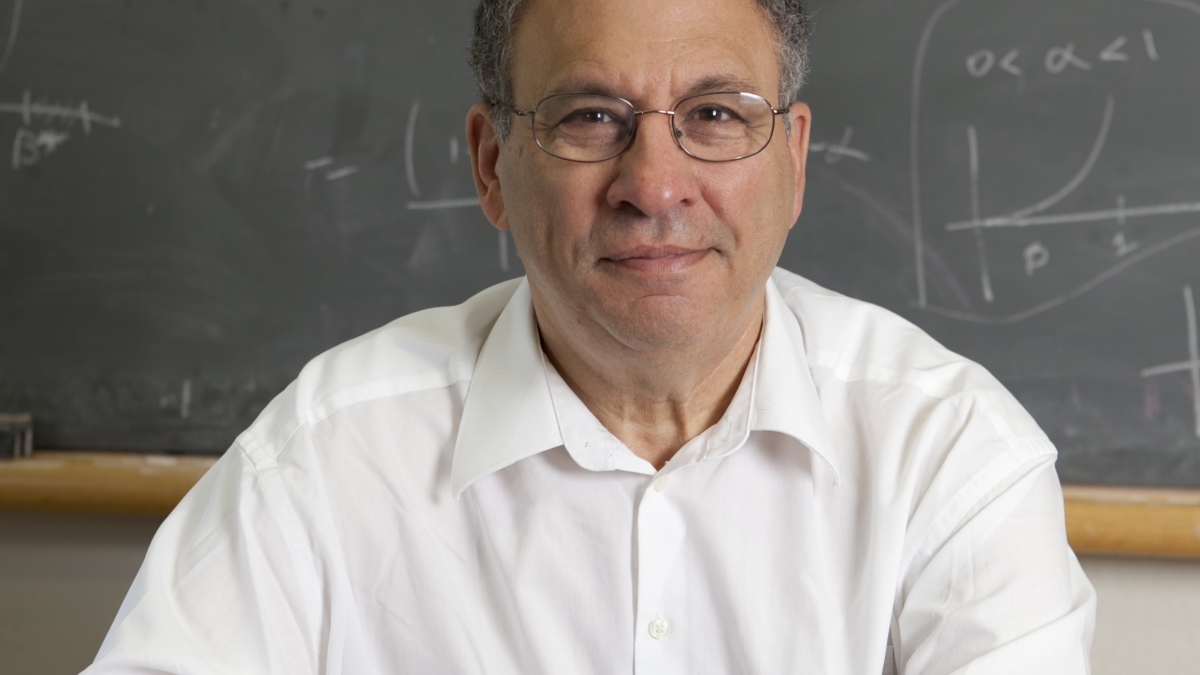ASU center naming honors visionary mathematician Simon A. Levin

Arizona State University announced today that the Mathematical, Computational and Modeling Sciences Center in the College of Liberal Arts and Sciences will be renamed as the Simon A. Levin Mathematical, Computational and Modeling Sciences Center.
In a private ceremony to be held May 1 on the Arizona State University Tempe campus, Simon A. Levin, George M. Moffett Professor of Biology at Princeton University, will be honored for his accomplishments in mathematics and insights into fundamental group dynamics.
“Dr. Levin and the ASU center named for him promote intellectual fusion and solution-based approaches to complex challenges in health, environment and the human condition,” said ASU Provost Robert E. Page Jr., who will preside over the renaming ceremony. “Shared, too, is a passion to promote diversity in the next generation of mathematical scientists. ASU has become a leader in the production of U.S. Hispanic doctorates in mathematics because of the center’s efforts.”
As part of the ceremonies, the center will host a series of panel discussions, featuring ASU’s President Michael Crow, Regents’ Professor Carlos Castillo-Chavez, Foundation Professor of Anthropology Sander Van der Leeuw and other distinguished speakers from the U.S. and Canada, including the center’s honoree, professor Levin.
"I started as a mathematician who wanted to use math to make the world a better place," said Levin. "Environmental degradation was a huge concern for me. Eventually, I realized the complexity we see in nature can offer incredibly valuable lessons for more than individual environmental problems; this work also translates to everything from the relationships among banks to the prospects of international collaboration to addressing climate change."
Over the last six years, the center has pioneered interdisciplinary research, including undergraduate, doctoral and mentoring programs, such as the Applied Mathematics for the Life and Social Sciences program in the School of Human Evolution and Social Change. This program blends competencies in mathematics with natural and social sciences, engineering, business, government and economics, and is designed to advance students interested in developing the critical thinking skills needed to make innovative contributions to global challenges. The doctoral program has produced 22 students, 17 of whom are from underrepresented minority groups, and 15 of whom are Latinos/as, according to Castillo-Chavez.
Castillo-Chavez, founding director of the center and the Joaquin Bustoz Jr. Professor of Mathematical Biology, said he looks forward to advancing the goals of the center as it assumes its new identity: bridging the gap between the biological, environmental and social sciences and the mathematical sciences; establishing flexible research and training cross-disciplinary programs driven by global and dynamic perspectives; and offering students from all backgrounds pathways to achieve their dreams.